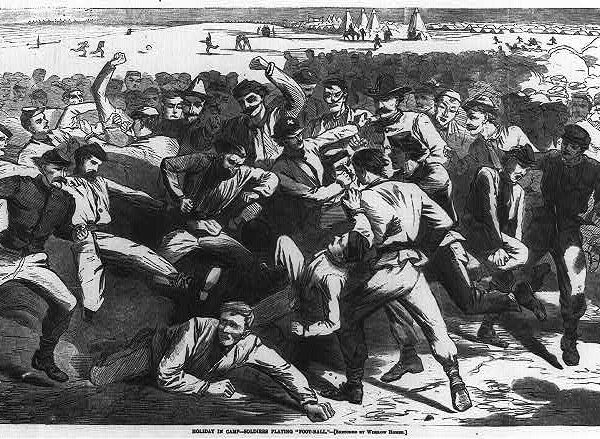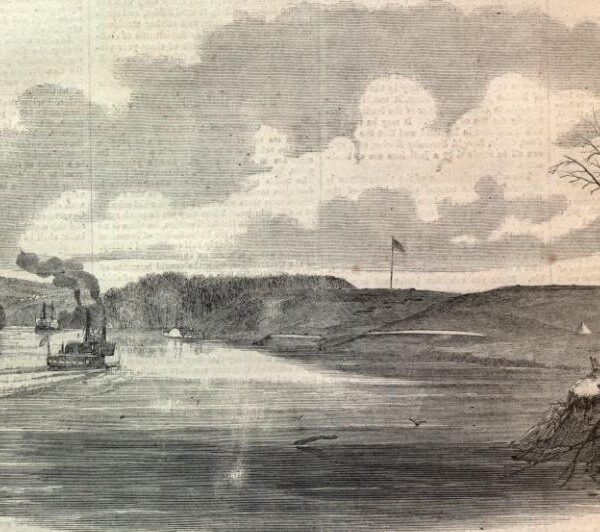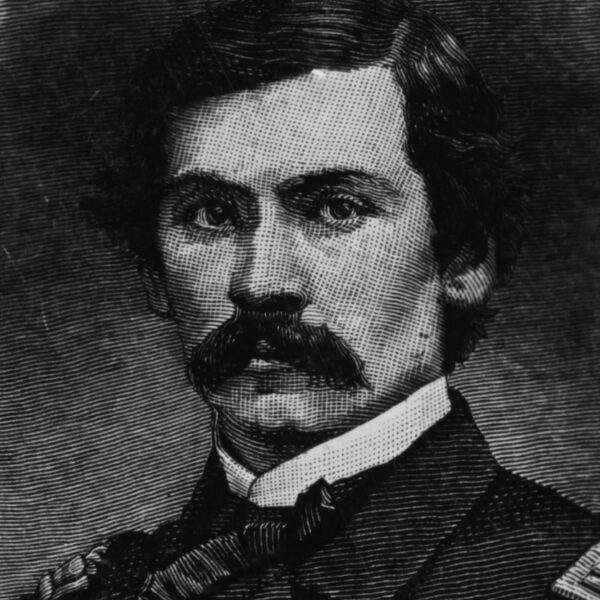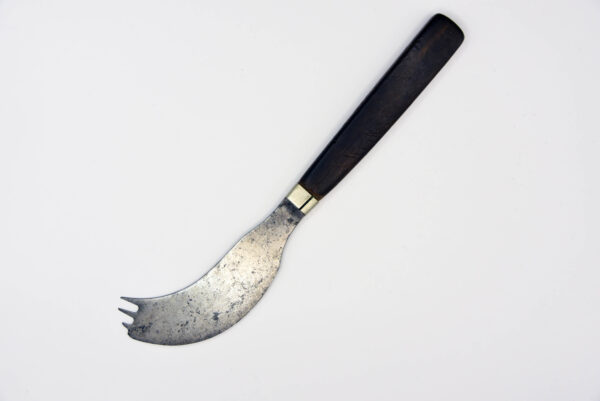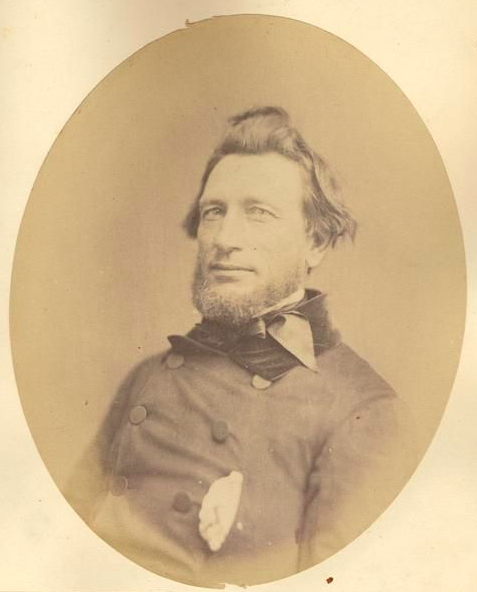
Surgeon Alfred Lewis Castleman, 5th Wisconsin Infantry
After it was thwarted in its attempt to capture Richmond during the Peninsula Campaign in the summer of 1862, the Army of the Potomac retreated southeast. Along the way, Alfred Lewis Castleman, a surgeon in the 5th Wisconsin Infantry, kept a detailed diary—a chronicle of happenings in a defeated and demoralized army. Below is Castleman’s description of one such event, which occurred in August after the army reached Yorktown:
19th — … A circumstance occurred to-day so painful that I should like to forget it, yet so suggestive of the trials of this army and of the discouragements which has occasioned much of their indifference to events, that I feel it a duty to record it, that it may not be forgotten. On the late retreat from Richmond, most of the men found it necessary to throw away everything which impeded their progress, even their canteens. During our stay at Harrison’s Point they had not been fully replaced. This morning we started early. The day has been intensely hot, the dust almost insufferable. Gen. H was in command of his brigade. We had made a rapid march of about ten miles. The men were fatigued, foot-sore and thirsty. In many instances, two or three having to depend on one canteen, it was soon emptied, and when we stopped to rest after the ten mile march, we were in sight of a large spring of beautiful cold water. But the General ordered that not a man should leave the ranks to fill his canteen. It was hard to bear, but the men submitted in patience till they saw the soldiers from other brigades passing from the spring with their canteens filled. This was too much, and they commenced crying out “Water, water.” Immediately the General dashed amongst them, proclaiming “mutiny,” and demanding the offenders. Of course no one could tell who they were. He then turned upon the Regimental and Company officers, “damned them to hell,” and spent some time in consigning the soldiers to the same comfortable quarters. After he had got them all labeled for that kingdom, he told them that their officers were “not worth a G–d d—n,” and having exhausted his vocabulary of gentlemanly expletives, calculated to encourage subordination, he called the men into line and put them through the evolutions of a brigade drill for about half an hour, and thus were they rested to resume the march. These men—this remnant of a fine army, who had been dragged through the putrid swamps of the Chickahominy till they were more like ghosts than men, were thus rested, thus drilled, thus marched, thus abused. Surely the end is not yet.
20th — These men, who were yesterday worn out and abused, who needed all the rest they could get, were ordered up this morning at half-past 2, to march at 4, and then, after being formed into line, were kept waiting till 6. The Surgeons dare not say, “General, permit me to suggest that this is rapidly exhausting the nervous energies of the men, and that last night, we had to leave over sixty, overcome by the fatigue of the day.” It would have been deemed insolent and insubordinate in a Surgeon to have suggested that the two hours which the soldiers spent on their feet, waiting for their officers to get ready, might have been spent with great benefit to their health and energies, in bed, and the Surgeons must be dumb and the men sick.
Castleman would remain with the 5th Wisconsin until the end of the year, when he resigned his commission. He died in 1877.

